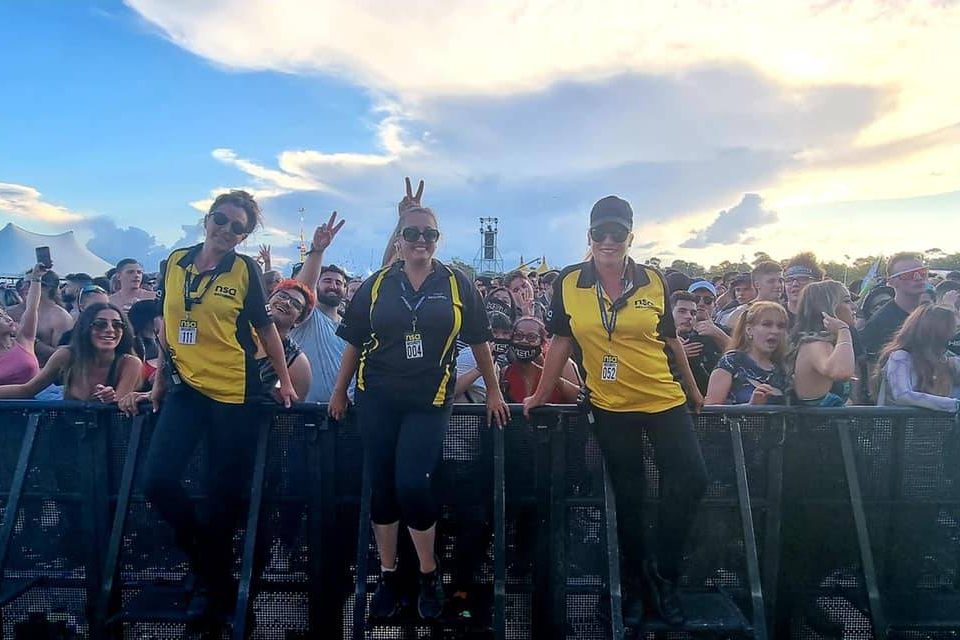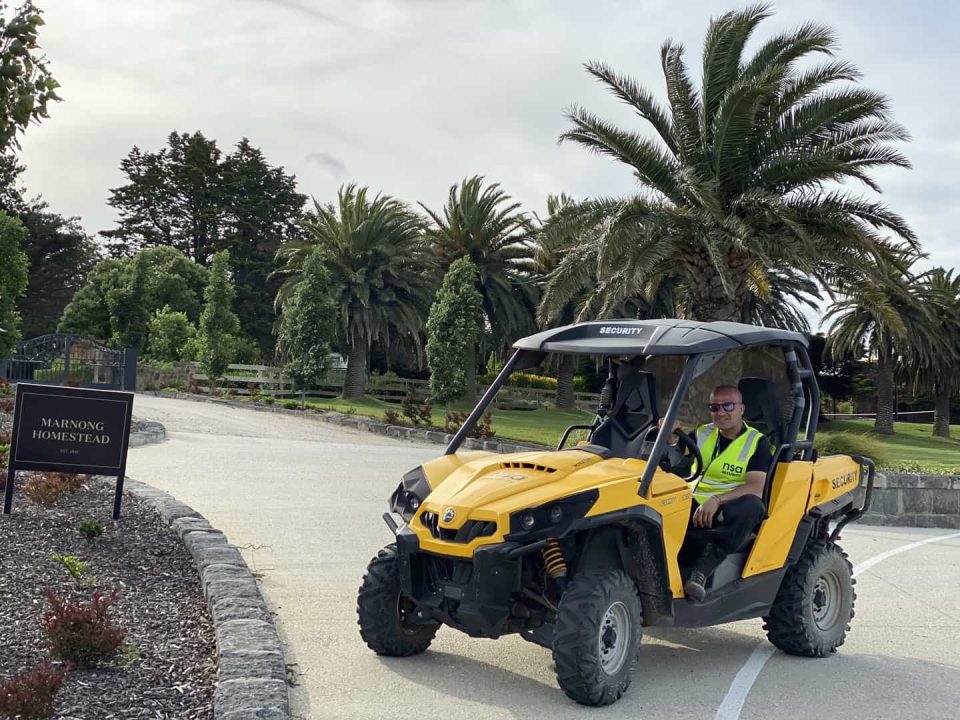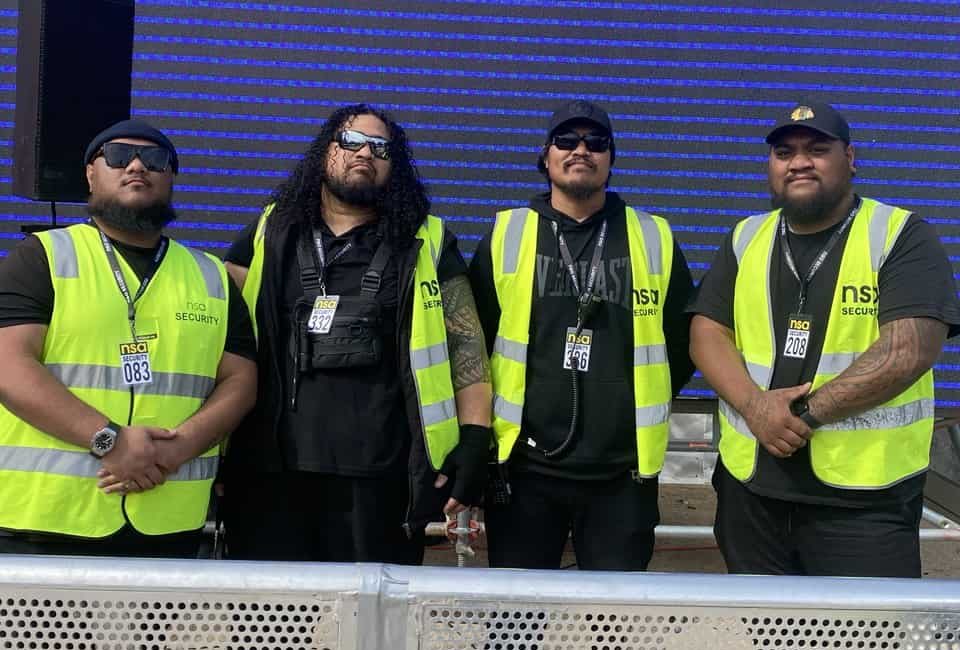
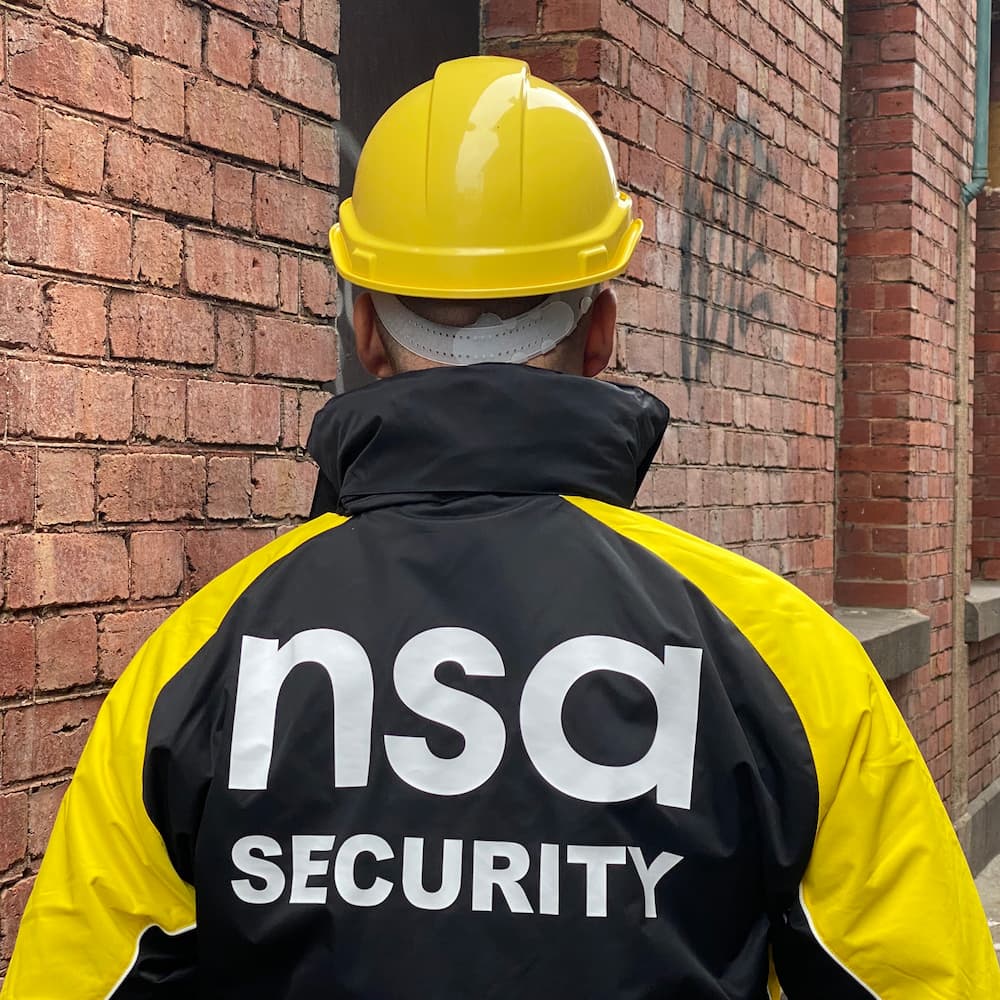
Retail stores and outlets are highly vulnerable to various security threats like robbery, vandalism, and shoplifting. Sadly, these may result in harm to employees, property damages, and financial losses.
Business owners address these threats through mitigating measures like checking employees’ background, keeping the store well-lit, or changing locks.
Others turn to hiring retail security services for safety and protection.
The main duties of retail security guards include deterring theft, controlling shop access points, responding to emergencies, and documenting incidents.
Here are the other roles that security guards play to create a peaceful shopping environment for retailers and customers.
1. Loss Prevention
- Theft Deterrence. Actively deterring shoplifting and internal theft by maintaining a visible presence and monitoring suspicious behaviour.
- Surveillance. Using security cameras and other monitoring systems to observe customer and employee activities.
- Apprehension. Detaining and questioning suspected shoplifters in accordance with store policies and legal guidelines.
2. Access Control
- Entry and Exit Monitoring. Controlling and monitoring access points to ensure only authorised individuals enter restricted areas.
- Bag Checks. Performing bag checks for customers and employees when necessary to prevent theft.
3. Customer Service
- Assistance. Providing assistance to customers, such as directions, information, and general inquiries, contributing to a positive shopping experience.
- Conflict Resolution. Addressing and resolving conflicts or disputes between customers, or between customers and staff, in a calm and professional manner.
4. Surveillance and Patrol
- Patrolling. Conducting regular patrols of the store, including sales floors, stockrooms, and parking areas, to ensure security and identify potential risks.
- Monitoring. Keeping an eye on security systems, alarms, and surveillance footage to detect and respond to security breaches.
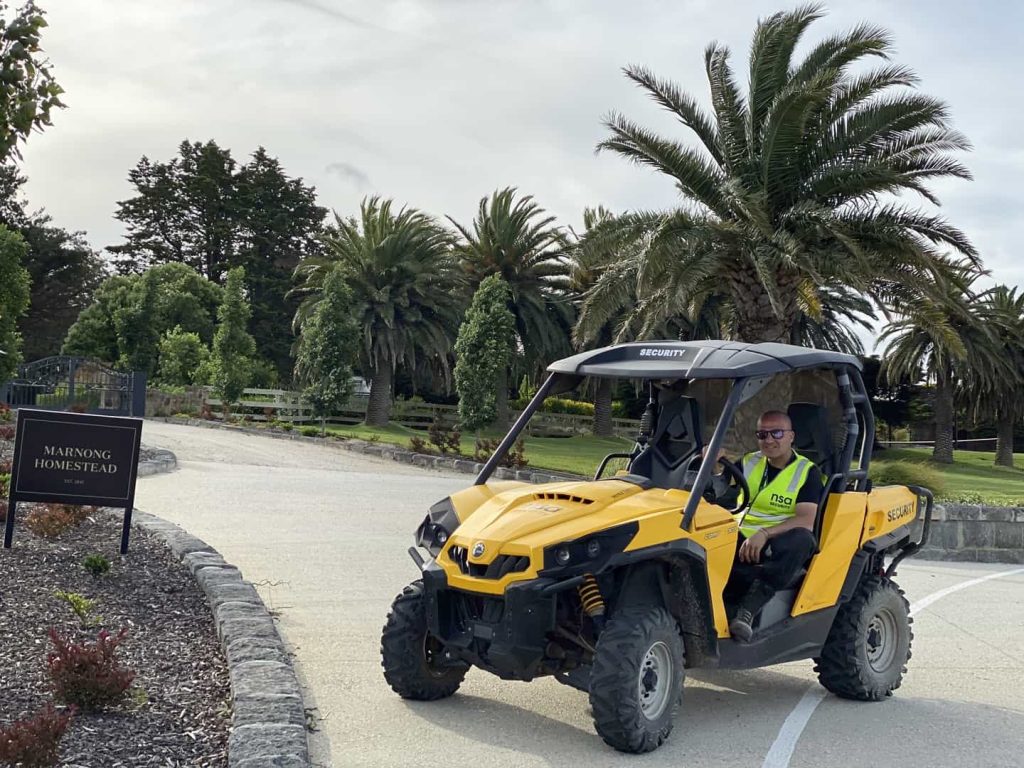
5. Emergency Response
- Incident Management. Responding promptly to emergencies, such as medical incidents, fires, or security threats, and coordinating with emergency services as needed.
- Evacuation Procedures. Assisting in the implementation of evacuation procedures in the event of an emergency.
6. Reporting
- Incident Documentation. Documenting and reporting all security incidents, thefts, and suspicious activities accurately and promptly.
- Daily Logs. Maintaining daily activity logs and providing detailed reports to store management or law enforcement when necessary.
7. Compliance and Policy Enforcement
- Policy Adherence. Ensuring compliance with store policies, safety regulations, and legal requirements.
- Training. Staying updated with the latest security protocols and participating in ongoing training programs.
Conclusion
Retail security guards are responsible for preventing theft, controlling access, providing customer service, conducting surveillance and patrols, responding to emergencies, documenting incidents, and enforcing store policies.
Their presence helps maintain a safe and secure shopping environment for customers and employees alike.
If your retail business or store needs protection, our security services in Melbourne can help. Call us on 1300 135 950 for more information.


